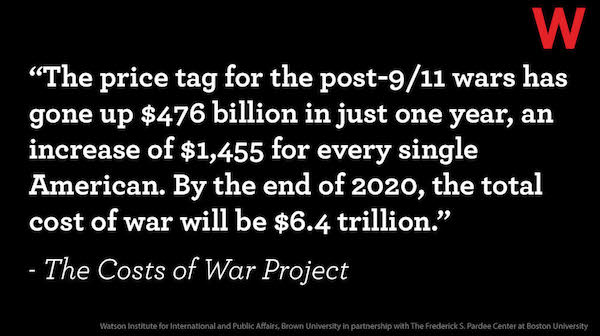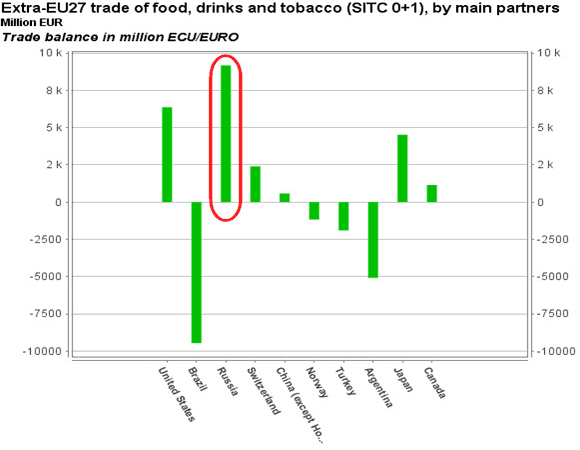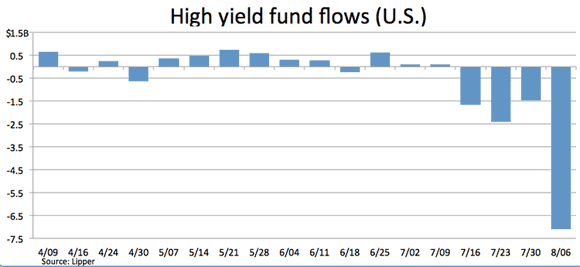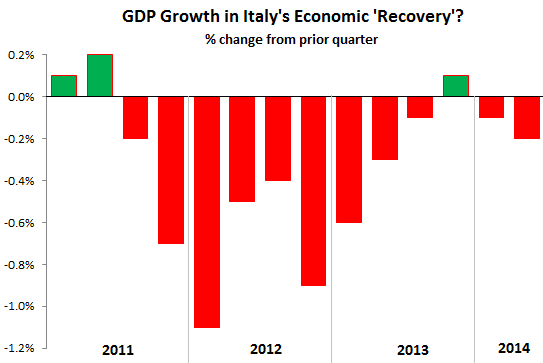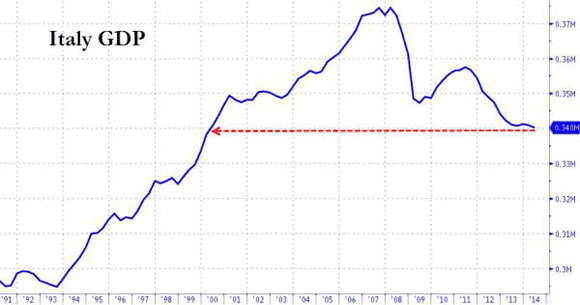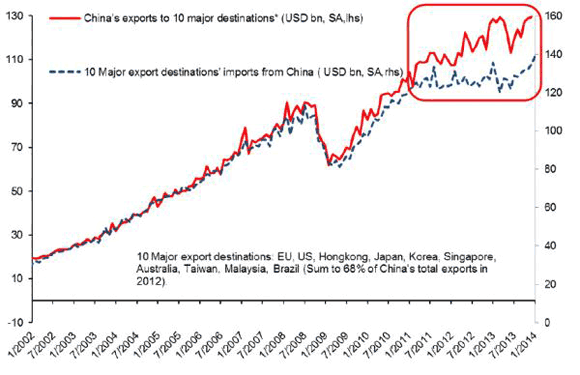
Rembrandt van Rijn Aristotle Contemplating a Bust of Homer 1653
https://en.wikipedia.org/wiki/Picture_This_(novel)




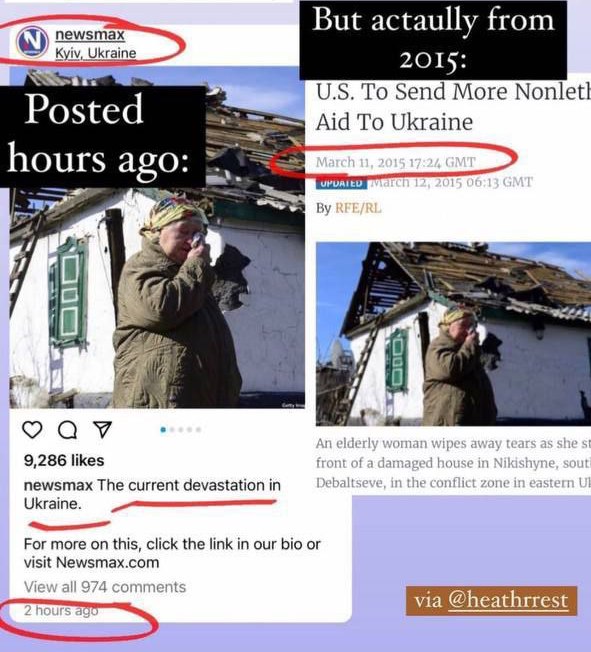
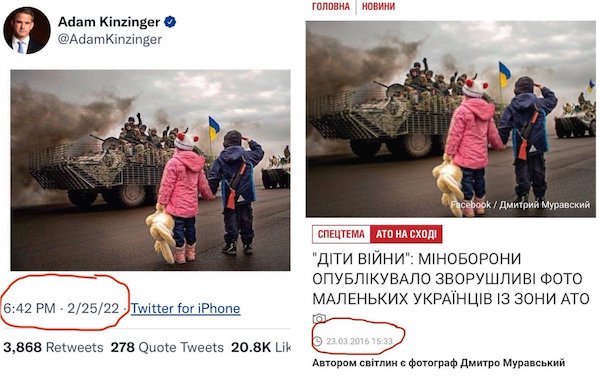
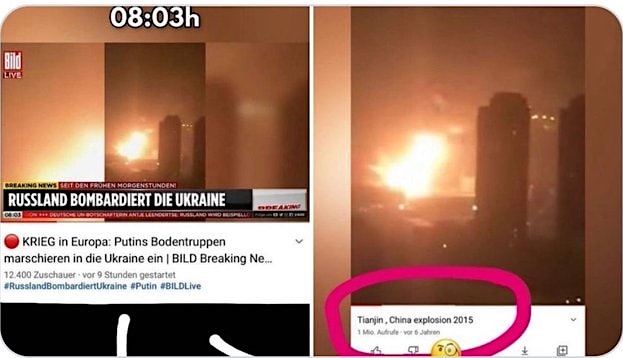
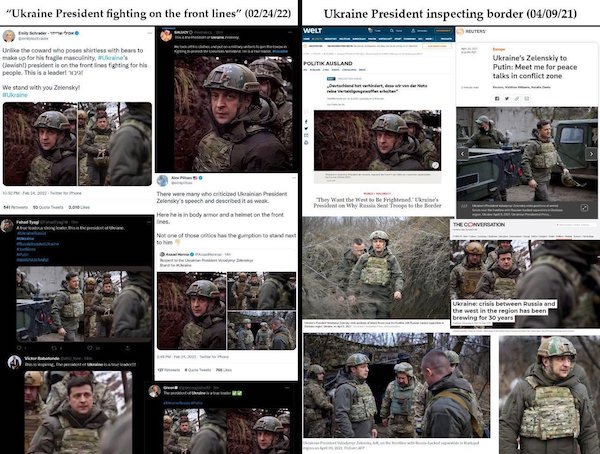

Pharmacokinetics
Kati Schepis, pharmacist, explains mRNA vaccines were approved in the absence of any data on their “pharmacokinetics" – that is where in the body the vaccine will go & how long it will stay there. Kati argues that such data would be essential for ensuring vaccine safety. pic.twitter.com/v4qjcCvd2U
— Taylor Hudak (@_taylorhudak) February 26, 2022

This study is in vitro, but it is beyond scary, and should halt all vaccinations right now:
“We also show that BNT162b2 mRNA is reverse transcribed intracellularly into DNA in as fast as 6 h upon BNT162b2 exposure.”
“BNT162b2-derived DNA may be integrated into the host genome and affect the integrity of genomic DNA..”
This MUST first be tested. The sad irony is that there are a few hundred million test cases walking around.
• Intracellular Reverse Transcription of Pfizer COVID-19 mRNA Vaccine (MDPI)

In the current study, we employed a human liver cell line for in vitro investigation. It is worth investigating if the liver cells also present the vaccine-derived SARS-CoV-2 spike protein, which could potentially make the liver cells targets for previously primed spike protein reactive cytotoxic T cells. There has been case reports on individuals who developed autoimmune hepatitis [39] after BNT162b2 vaccination. To obtain better understanding of the potential effects of BNT162b2 on liver function, in vivo models are desired for future studies.
In the BNT162b2 toxicity report, no genotoxicity nor carcinogenicity studies have been provided [26]. Our study shows that BNT162b2 can be reverse transcribed to DNA in liver cell line Huh7, and this may give rise to the concern if BNT162b2-derived DNA may be integrated into the host genome and affect the integrity of genomic DNA, which may potentially mediate genotoxic side effects. At this stage, we do not know if DNA reverse transcribed from BNT162b2 is integrated into the cell genome. Further studies are needed to demonstrate the effect of BNT162b2 on genomic integrity, including whole genome sequencing of cells exposed to BNT162b2, as well as tissues from human subjects who received BNT162b2 vaccination.

“It’s time to close the embassies with barn locks. And to continue contacts by examining each other only through binoculars and weapons’ optical systems..”
• ‘Final Review’ Of Russia’s Relations With West Now Possible – Medvedev (RT)
Western sanctions could be an “excellent reason for a final review” of Russia’s relations with the nations that have imposed the restrictions, the deputy chairman of Russia’s Security Council and former president, Dmitry Medvedev, said on Saturday. Russia’s military operation in Ukraine, which was launched on February 24, has prompted outrage in the West and a new wave of harsh sanctions against Russia. In a lengthy post on the Russian social network VK, Medvedev called the restrictions “a myth, a figment, a figure of speech.” “Sanctions could be an excellent reason for the final review of all relations with those states that have introduced them. Including interruption of the dialogue on strategic stability,” Medvedev wrote. He added that in principle, it is possible “to renounce everything,” including the New START Treaty.
“Yes, and diplomatic relations, in principle, are not particularly needed. It’s time to close the embassies with barn locks. And to continue contacts by examining each other only through binoculars and weapons’ optical systems,” Medvedev said. Commenting on the decision by the Council of Europe and Parliamentary Assembly of the Council of Europe to suspend Russia’s membership, the former president said that while this is a “flagrant injustice,” it could still be considered as a good reason “to finally slam the door and forget about these meaningless almshouses forever.” This development could also be used to “restore a number of important institutions for prevention of especially serious crimes in the country,” he said, such as the “death penalty for the most dangerous criminals, which, by the way, is being actively used in the United States and China.”

“The Minsk agreement set out a few steps to end the internal Ukrainian crisis. First, Ukraine was supposed to immediately adopt a law granting self-government to eastern regions (in March 2015).”
• US Foreign Policy Is a Cruel Sport (Diana Johnstone)
The 2014 U.S.-backed coup that overthrew President Viktor Yukanovych, solidly supported by the east of the country, brought to power pro-West forces determined to bring Ukraine into NATO, whose designation of Russia as prime enemy had become ever more blatant. This caused the prospect of an eventual NATO capture of Russia’s major naval base at Sebastopol, on the Crimean peninsula. Since the Crimean population had never wanted to be part of Ukraine, the peril was averted by organizing a referendum in which an overwhelming majority of Crimeans voted to return to Russia, from which they had been severed by an autocratic Khrushchev ruling in 1954. Western propagandists relentlessly denounced this act of self-determination as a “Russian invasion” foreshadowing a program of Russian military conquest of its Western neighbors – a fantasy supported by neither facts nor motivation.
Appalled by the coup overthrowing the president they had voted for, by nationalists threatening to outlaw the Russian language they spoke, the people of the eastern provinces of Donetsk and Lugansk declared their independence. Russia did not support this move, but instead supported the Minsk agreement, signed in February 2015 and endorsed by a UN Security Council resolution. The gist of the accord was to preserve the territorial integrity of Ukraine by a federalization process that would return the breakaway republics in return for their local autonomy. The Minsk agreement set out a few steps to end the internal Ukrainian crisis. First, Ukraine was supposed to immediately adopt a law granting self-government to eastern regions (in March 2015).
Next, Kiev would negotiate with eastern territories over guidelines for local elections to be held that year under OSCE supervision. Then Kiev would implement a constitutional reform guaranteeing eastern right. After the elections, Kiev would take full control of Donetsk and Lugansk, including border with Russia. A general amnesty would cover soldiers on both sides. However, although it signed the agreement, Kiev has never implemented any of these points and refuses to negotiate with the eastern rebels. Under the so-called Normandy agreement, France and Germany were expected to put pressure on Kiev to accept this peaceful settlement, but nothing happened. Instead, the West has accused Russia of failing to implement the agreement, which makes no sense inasmuch as the obligations to implement fall on Kiev, not on Moscow. Kiev officials regularly reiterate their refusal to negotiate with the rebels, while demanding more and more weaponry from NATO powers in order to deal with the problem in their own way.
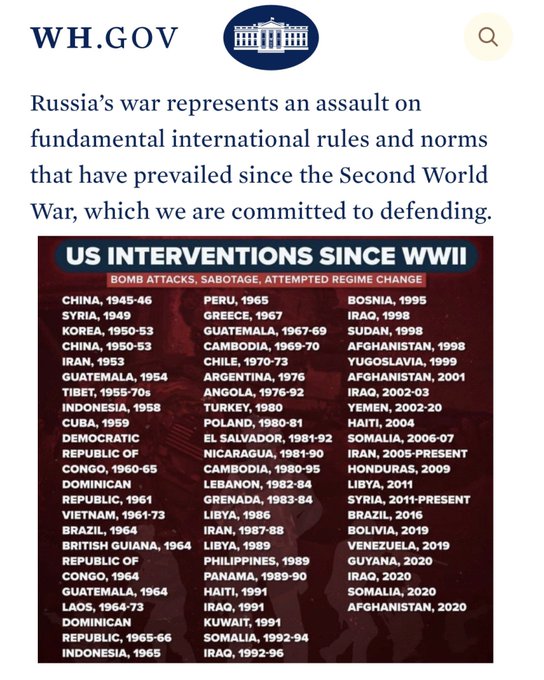

“It was as clumsy as it was stupid, to quote Darth Vader..”
• The New Geopolitical Game Board (Luongo)
Up until February 23rd, 2022, the powerful countries of the world played a very rarified game. Too many people try to analyze geopolitics like it is a game of chess. Move, counter-move. Push a pawn? Threaten a knight, that type of thing. It’s easy to understand and makes for good copy. In the past I’ve tried to liken it to a multi-player version of Go, with anywhere from four to 6 different colored stones on the board trying to take territory. It was a better metaphor but nearly impossible to describe adequately. In fact, at times, it was exhausting. The reality is that neither of these metaphors are explanatory. Because the only accurate model for geopolitics is actually Calvinball. You know that game. That’s the one from Calvin & Hobbes.
Contrary to your memory of the legendary comic strip, there were rules to Calvinball that went something like this: Calvin got to make the rules up as he went along. In geopolitics it pretty much comes down to whoever is the strongest player got that power. Here’s the thing. Up until Russia’s invasion of Ukraine (and yes, it is an invasion, justifiable or otherwise) there was something called the ‘rules-based order’ promoted mainly by the US but also supported directly by the European Union and the Commonwealth. The rules of the ‘rules-based order’ were simple. We make the rules, you follow them. We reserve the right to change the rules whenever we want to suit our purpose. It was the geopolitical equivalent of Sam Francis’ idea of ‘anarcho-tyranny,’ which boils down to, “rules for thee, but not for me.”
We’ve heard the Russian diplomats complain about this for years. Why have these rules if they are not ever enforced? As I point out all the time when talking about leftist ideologues purity spiraling towards self-destruction, we have these rules because only others’ hypocrisy counts. Sub-humans are not allowed to talk or even be a part of the conversation. And in the world of diplomacy as practiced by the collective West, the Russians are definitely sub-human, just like the unvaxxed, anyone to the immediate right of Karl Marx and who isn’t a furry. All that changed when Russian tanks crossed the border, stand off missiles hit anti-aircraft and artillery batteries, and marines came onshore in Ukraine.
For months we’ve been treated to the dumbest and most infuriating facsimile of diplomacy I’ve ever witnessed. It beggared belief listening to the nauseating virtue signaling of US ‘diplomats’ who refused to engage Russia’s concerns in even a half-serious manner while blaming them for every issue on the planet. It was as clumsy as it was stupid, to quote Darth Vader. It was clear that Putin and his staff would be given this ultimate option, invade Ukraine and face global opprobrium or kneel before Zod. Their miscalculation was in thinking that Russia actually cares one whit about that global opprobrium at this point. By their actions in Ukraine this week, it is clear they do not.

Fluid. Latest is that Zelensky is willing to talk, but not in Minsk.
• Ukraine’s Leadership Has Rejected Negotiations – Kremlin (RT)
Russia’s military operation in Ukraine is continuing after the country’s leadership declined to negotiate, Kremlin spokesman Dmitry Peskov said on Saturday. President Vladimir Putin previously ordered the Russian troops to halt their advance on Friday, awaiting a response from Kiev, Moscow said. It added that the offensive continued on Saturday. Alexey Arestovich, an adviser at Zelensky’s office, confirmed to Ukrainian media that Kiev has declined the talks with Russia, citing the “terms” put forward by Moscow through intermediaries. “It was an attempt to force us into capitulation,” he said, without elaborating. Alexey Arestovich, an adviser at Zelensky’s office, confirmed to Ukrainian media that Kiev has declined the talks with Russia, blaming the “terms” put forward by Moscow through intermediaries.
“It was an attempt to force us into capitulation,” he said, without elaborating. However, moments later, another official at Zelensky’s office, Mikhail Podolyak, told Russian outlet RBC that Kiev did not reject the negotiations. “Undoubtedly, Ukraine did not refuse to negotiate,” he said, underlining that negotiations have not yet taken place. “Ukraine and President Zelensky categorically reject any unacceptable or ultimatum-like conditions of the Russian side.” Ukrainian President Volodymyr Zelensky said on Friday that he was ready to sit down for talks with Russia in order to end hostilities between the countries. The same day, Peskov told reporters that Moscow was ready to hold talks in Minsk, Belarus. He later claimed that the Ukrainian side first offered to move the meeting to Warsaw, Poland, and then stopped responding.

From jewishunpacked.com.
I think Putin’s point is that neo-nazis have too much influence in Ukraine.
• Can Ukraine Have A ‘Nazi Problem’ With A Jewish President? (Karabelnicoff)
In Ukraine, the offense of antisemitism is now punishable by a fine or a prison sentence of up to five years. Despite this, antisemitism is not a thing of the past in Ukraine. The country has been historically reluctant to reckon with its role in the Holocaust, during which more than one million Jews were killed by the Nazis and local Ukrainian collaborators. The Jews of Ukraine account for a great proportion of the Soviet victims of the Holocaust with the worst massacre taking place at Babi Yar outside Kiev. During 1941–43 more than 100,000 Jews were killed in Babi Yar. For some in Ukraine’s Jewish community, the current events have stirred up memories of past horrors, reported the New York Times. “Though antisemitic violence is relatively rare in Odessa, some Jews are fearful that it could be unleashed by the chaos of war,” the article explained.
“Antisemitism in Ukraine exists in its old ‘traditional’ and cultural form: the notion that Jews control all money, the media and government, they are greedy, murdered Jesus, and ‘suck our blood,’” said Samuel Kliger, the American Jewish Committee’s Director of Russian and Eurasian Affairs. Alongside that apathy, Kilger said, some Ukrainian lawmakers have pushed to celebrate certain Nazi collaborators as war heroes, trumpeting their anti-Communist battles while ignoring their complicity in Holocaust crimes. “Ukraine really does have a far-right problem, and it’s not a fiction of Kremlin propaganda. And it’s well past time to talk about it,” explained journalist and expert on the Ukrainian far right, Michael Colborne.
The most known neo-Nazi group on Ukraine’s far right is the Azov movement. The movement grew out of the Azov Regiment (originally a Battalion), formed in the chaos of war in early 2014. It was formed by a “ragtag group of far-right thugs, football hooligans and international hangers-on, including dozens of Russian citizens,” said Colborne, who wrote a book on the movement. At that point, Azov became an official unit of Ukraine’s National Guard. Now, the movement’s most public face is the National Corps political party, which won barely 2% of the vote in a coalition with other far-right parties in parliamentary elections in 2019.
Estimates of membership are around 10,000 members, according to Corborne. “It’s more a brand than a party, a polished PR-focused outfit that isn’t above coyly referencing the so-called “14 words”, a white supremacist slogan,” he wrote. “The Azov movement tries to be a one-stop shop for all things far right. There’s also a bevy of loosely affiliated but more extreme subgroups under its umbrella as well, including open neo-Nazis who praise and promote violence.” The Azov movement is frequently cited by people who want to “give Putin a free pass to do what he wants in Ukraine,” Corborne added. “It doesn’t in any way justify the actions of the Russian president.”
De-nazification
#Russia's Operational Objective not covered in #MSM…
❌'De-Nazi-Fication' of #Ukraine
US/UK effectively arming and training Nazis in Ukraine for a number of years and it's well documented.
▶️ Strap in for Friday's edition of @ukcolumn news:https://t.co/Ys8sVx4dBN pic.twitter.com/mLuuBLdAhm
— 21st Century Wire (@21stCenturyWire) February 26, 2022

12,000 satellites…
• Elon Musk Activates Starlink Satellites to Restore Internet in Ukraine (GR)
Elon Musk said early on Sunday that his Starlink satellite service is activated in Ukraine after a government official in Kyiv called on him to supply satellite-based communications to help resist Russia’s invasion of Ukraine. “Starlink service is now active in Ukraine,” Musk tweeted, adding “more terminals en route.” The tweet came some 10 hours after Ukrainian Minister of Digital Transformation Mykhailo Fedorov urged Musk to provide Starlink services to Ukraine, days after it was invaded by neighboring Russia. “While you try to colonize Mars — Russia try to occupy Ukraine! While your rockets successfully land from space — Russian rockets attack Ukrainian civil people! We ask you to provide Ukraine with Starlink stations,” Fedorov tweeted at Musk.
He also called on the billionaire “to address sane Russians to stand” against their government’s invasion. Internet monitor NetBlocks said Ukraine has seen a “series of significant disruptions to internet service” since Thursday when Russia launched military operations in the country. “Musk’s Starlink helps nations facing threats or natural disasters like Ukraine, Tonga”. Starlink operates a constellation of more than 2,000 satellites that aim to provide internet access across the planet. The company on Friday launched a further 50 Starlink satellites and many more are slated to be put into Earth’s orbit. It currently has more than 1,600 satellites orbiting in space — but that’s only the beginning for the tech maven, who plans to launch up to 12,000, reports Smithsonian Magazine.

“..an assault on ordinary Canadians just because they disagreed with the government.”
• The Freezing Of Accounts Was Political Vengeance (TSun)
By the time you read this column, perhaps the Trudeau government will have permitted banks, pension funds, insurance companies, mortgage brokers and other financial institutions to release the accounts of protestors and Freedom Convoy donors that were frozen after the Liberals invoked the Emergencies Act on Feb. 14. But as I am writing this – about 48 hours after the prime minister ended his emergency degree – the bank accounts, credit cards and loans of Canadian workers and businesses connected with the convoy were still under government lock and key. Why? Monday, when asking Parliament to approve his use of the Emergencies Act, Trudeau promised the state of emergency would not last “a day longer than necessary.”
Well, for the more than 200 Canadians being held financial hostage by Ottawa, it has gone on longer. That is outrageous enough. But consider what Barry MacKillop, deputy director of FINTRAC, told the Commons Finance committee on Thursday. As far as his agency is concerned none of the people whose accounts were frozen intended to bring down the Canadian government or destabilize the country’s economy. The Financial Transactions and Reports Analysis Centre of Canada (FINTRAC), is the federal agency within the Department of Finance responsible for detecting and preventing money laundering, terrorism financing and transfers of the proceeds of crime.
When the Trudeau government sent banks on a witch hunt through the account records and credit histories of ordinary Canadians who had given money to the Freedom Convoy, Finance Minister Chrystia Freeland said such heavy-handed tactics were necessary because “we know these platforms are being used to support illegal blockades and illegal activity which is damaging the Canadian economy.” Really!? ‘Cuz the very agency within Freeland’s own department in charge of preventing such activity told MPs on Thursday this was the donors’ own money. As far as FINTRAC can tell, the millions donated in small amounts were genuine, good-faith donations. They weren’t money being funneled from powerful sources bent on overthrowing the Trudeau regime.
“It was (donors’) own money. It wasn’t cash that funded terrorism or was in any way money laundering,” MacKillop testified. He added, “There were people around the world who were fed up with COVID and were upset and saw the demonstrations. I believe they just wanted to support the cause.” Which, if you think about it, makes the freezing of these people’s personal accounts an act of political vengeance by the Liberals – an assault on ordinary Canadians just because they disagreed with the government. Politicians using the vast power of the state to intimidate their opponents purely on ideological grounds is far more of a threat to our democracy than any threat the Trudeau government imagined (and I use the word “imagined” on purpose) the convoy posed.

“It’s time for the cops. It’s time for the prosecutors. And it’s time for the judges. And then it’s time for the prisons.”
• The Global Disinformation Campaign to Suppress Ivermectin (Kory)
The only way to stop future pharmaceutical industry crimes against humanity is to record, for posterity, the historically unprecedented scale of censorship and propaganda of information that they deployed. If I can help expose this playbook (with my little Substack—delusions of grandeur?), we have a shot at developing countering and/or neutralizing measures to prevent further massive deaths in this disease—as well as many other diseases. Note that the nefariousness of these actions can only be dwarfed by their scale, as they have impacted survival outcomes in almost the entirety of planet Earth’s citizens. Although I will document these depraved actions, in most cases I will be unable to suggest or truly identify the ultimate or specific protagonists.
You know: The actual individuals deploying these tactics, the ones making the ad buys and providing the “messaging,” paying the journalists and researchers for their media hit jobs, publishing the “negative” medical journal editorials and studies, partnering with the occasional U.S sociopath health agency leader, etc. Although I will be unable to identify them personally, employing logic, the only possible source of sufficient power to have exerted such widespread influence, would be the managers of the three multi-trillion dollar investment firms that have influential and/or controlling stakes in almost all corporations in almost all industries, and those three are: Black Rock, State Street, and Vanguard.
Or it may have been the occasional pseudo-philanthropist-vaccine-obsessed-eugenicist-hundred-billionaire who, along with massive controlling donations to all the major international and national health agencies, also distributed hundreds of millions amongst almost every major media outlet in the world. That investigative exercise is not what I am skilled in, as I am just a lowly physician expert in ivermectin who has held a front row seat to now fourteen months of their deadly successful disinformation campaign against ivermectin. Instead, I simply plan to document every detail of every action that I have witnessed and/or have been personally involved in…and hope the investigative authorities can take care of the rest.
It’s time for the cops. It’s time for the prosecutors. And it’s time for the judges. And then it’s time for the prisons. But first: The evidence. Stay tuned.

“Many academics and researchers were scared of losing grant funding if they raised their head above the parapet.”
• Scientific Groupthink Silenced Scientists Sceptical of Lockdowns (DS)
Early in the pandemic a narrow scientific ‘groupthink’ took hold, which cast those questioning draconian policies as “unethical, immoral and fringe” – but this “smokescreen is finally starting to dissipate”, the Telegraph‘s Science Editor Sarah Knapton has said. “Take scientists who supported the Great Barrington Declaration. They, not unreasonably, believed that it would be sensible to shield the most vulnerable while allowing those at very low risk to carry on their lives, thereby preventing cataclysmic damage to the economy, mental health and education. Instead of the idea being sensibly debated, the signatories were pilloried and made to seem as if they were in the minority.
A recent study by Stanford University revealed they weren’t; they just had fewer social media followers and so struggled in the face of more organised opposition.The report neatly demonstrates the alarming reach and power of demographically unrepresentative forums like Twitter, which are easily hijacked by powerful lobbying groups. Prof John Ioannidis, the study author and an expert in data science and the reliability of research, told the Telegraph: “Twitter is a useful means to communicate both with colleagues and with the general public. However, it should not be used for arbitrating what is scientifically correct, let alone for shaping health policy. “Twitter can be easily usurped by agendas and narratives; it is very easily susceptible to political coloration and fads, and it is often used for smearing opponents.
“I worry about the distortion that can ensue when science is communicated in brief clips or with a mindset of how to satisfy or excite one’s followers.” Much of the pro-lockdown narrative was controlled by a small group of scientists who effectively organised themselves into a political movement which sought to influence policy. Independent Sage, a group of largely Left-wing academics which regularly called for tighter restrictions, was put together by the Citizens, a group founded by Carole Cadwalladr, a Guardian and Observer journalist and activist. Many of the scientists on Independent Sage also signed the John Snow Memorandum, which branded the Great Barrington Experiment as unethical.”
Many of those opposed to the new groupthink kept their heads down for fear of losing funding, Sarah writes. “Many academics and researchers were scared of losing grant funding if they raised their head above the parapet. It created a chilling effect which made it appear that most scientists believed in greater restrictions. Even within the Government, there is now a feeling that too much attention was paid to too narrow a band of scientists, at the expense of seeing the bigger picture. Large parts of the scientific community were completely ignored as a disproportionate amount of attention was given to virologists and epidemiologists. One Government minister said: “We have had to have the guts to say the data can be challenged sometimes, and say that’s good data but we have to make a political decision.
“In the pandemic we got a bit close to pretending there was no tension. Public health officials who have absolutely no remit to keep the economy vibrant, they only remit is to make sure there is no infection were calling for the whole thing to be shut down





THE REVOLUTION WILL NOT BE TELEVISED
https://twitter.com/i/status/1497269557035216900

People’s Convoy 10 miles long
The US convoy for freedom now over 10 miles long as it's hits Texas en route to Washington. pic.twitter.com/zTLFhvnlnT
— Wittgenstein (@backtolife_2022) February 26, 2022

Support the Automatic Earth in virustime with Paypal, Bitcoin and Patreon.







